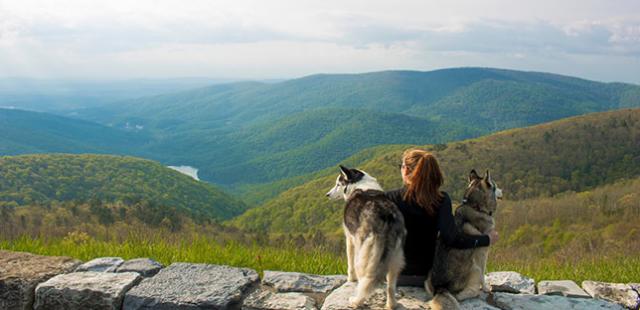Virginia
is for...
Lovers of everything spring! Wine sippers, wildflower spotters, trail hikers, and berry pickers. From spring break family adventures to romantic retreats among blossoming gardens, bucket list hikes to leisurely picnics among the vineyards, there’s something for everyone when you visit Virginia in the spring! So, come love it for yourself.
Places To Visit
For flatwater paddlers, small town seekers, kid corallers and memory makers.
Virginia Events
For wine sippers, oyster slurpers, head bangers, apple pickers, and festival fanatics.



















